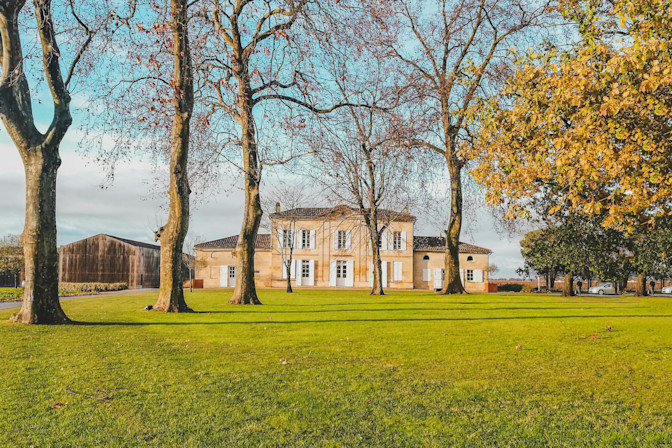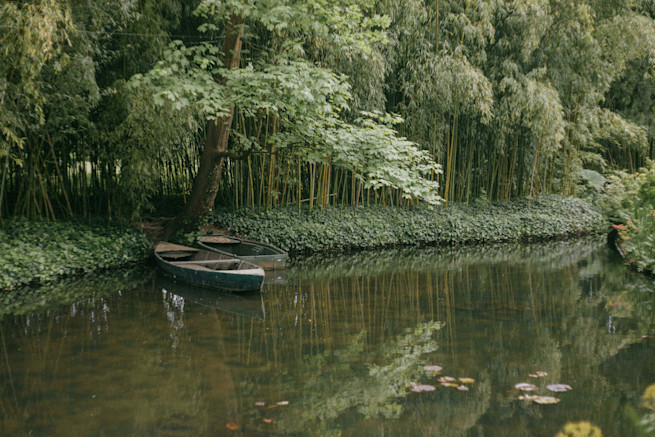How to make the most of your country home or second home?

Traveller relations

Introduction: The country house, a dream... not necessarily profitable
Owning a country house is often the culmination of a life project: calm, nature, space... but also maintenance costs, taxes and remote management. If this second home is only occupied for a few weeks a year, its profitability becomes a legitimate question.
Remember: an unused country house can become an expensive liability.
According to INSEE (source: INSEE, Résidences secondaires 2023), there are over 3.6 million second homes in France - but only 16% of them are rented out at least once a year. This suggests the untapped financial potential of these properties.
Should it be rented out? Should it be redesigned? Sell it? Transform it? Let's explore the main strategies before presenting a concrete alternative to this classic model.
Renting out your country house: between potential income and real constraints
Seasonal rental is often the first solution considered. Airbnb, Abritel or Gîtes de France make it easy to put your property online. But the operational reality is more complex.
Entry-exit management, housekeeping, maintenance, remote logistics: all these points quickly turn the idea of “passive income” into a time-consuming activity.
From a tax point of view, renting furnished property puts you under the BIC regime. Below €77,700 in revenue, the micro-BIC system offers a 50% allowance (source: impots.gouv.fr). But this simplicity doesn't always compensate for the low net margins generated.
The average income for 10 weeks of rental is often no more than €5,000 net per year, once expenses have been deducted.
This solution is still feasible if the property is located in a very dynamic tourist area. Otherwise, the model quickly shows its limitations.
Converting the property into a gîte or guest house: a business in its own right
Going one step further by creating a gîte or guest house enables you to aim for higher profitability. It does, however, involve entering into a commercial operation, with all the responsibilities that this implies.
ERP standards, fire safety, accessibility, hygiene: the rules are strict and may require substantial work.
Registration with the Chamber of Commerce is compulsory, as is a declaration to the Town Hall. And legislation may change if your property is not intended for commercial use. The average gross sales of a gîte in France are €17,000 per year, according to Gîtes de France (2022).
Management is demanding, and return on investment depends heavily on occupancy rates.
This approach may be suitable for owners who are already present in the area and wish to develop a long-term business. For owners who are far away, or who are already engaged professionally elsewhere, it is hardly viable.

Reselling: an asset strategy not to be overlooked
In some cases, reselling may prove to be the most rational and profitable solution. Especially as the value of rural property has risen by +8% between 2020 and 2023 (source: Notaires de France), post-pandemic.
In terms of taxation, capital gains are taxable except after 22 years of ownership (and 30 years to be exempt from social security contributions). But the tax burden on second homes is increasing, notably via the taxe d'habitation (overtaxed in many communes) and the taxe sur les logements vacants.
What's the point of keeping an expensive, under-utilized, energy-guzzling property... if it can be replaced by a more useful and strategic one?
This option deserves to be studied calmly, with an objective analysis of the opportunity cost.
The limits of traditional solutions
All three of the above models have one thing in common: they require a great deal of time, commitment and initial investment. What's more, regulatory requirements are changing rapidly.
For example, to be able to sell or rent, houses will have to have a minimum DPE "E", on pain of a gradual ban on renting (Climate Law, 2021). However, the complete energy renovation of an old property can cost between €40,000 and €60,000 (source: ADEME, 2024).
Technical complexity, regulatory obligations and cumulative costs are weighing more and more heavily in the balance.
Faced with this situation, many owners find themselves stuck: no regular personal use, insufficient profitability, no simple solution.
Harmony Homes: a contemporary alternative, without yesterday's constraints
Faced with the limitations of traditional second homes, Harmony Homes offers a different approach. Homes designed to fit today's reality: optimized, well-located, eco-efficient and ready to use.
Each home is designed to offer hybrid use: personal or rental, one-off or regular. All without sacrificing quality.
No operational management, a profitable financial investment, newfound vacation flexibility.
The locations are selected for their potential, the architecture enhances the spaces, and each project is designed with sustainability in mind.
By integrating a clear vision of profitability and use, Harmony Homes redefines what it means to "own a second home". So you can enjoy it as a financial investment, and travel with preferential rates to all the properties in the collection.
Conclusion: What if making money also meant rethinking?
Making the most of a country house is much more than "making money with a property". It's about taking a clear-sighted look at its real use, its potential, and the means needed to make the most of it.
The question is not simply: how can I make money from it, but rather: does this property still correspond to my needs, my constraints, my plans?
A second home shouldn't be a burden. It can (and should) be a project, a pleasure, an investment.
Harmony Homes offers an intelligent alternative, adapted to the new uses of second homes.